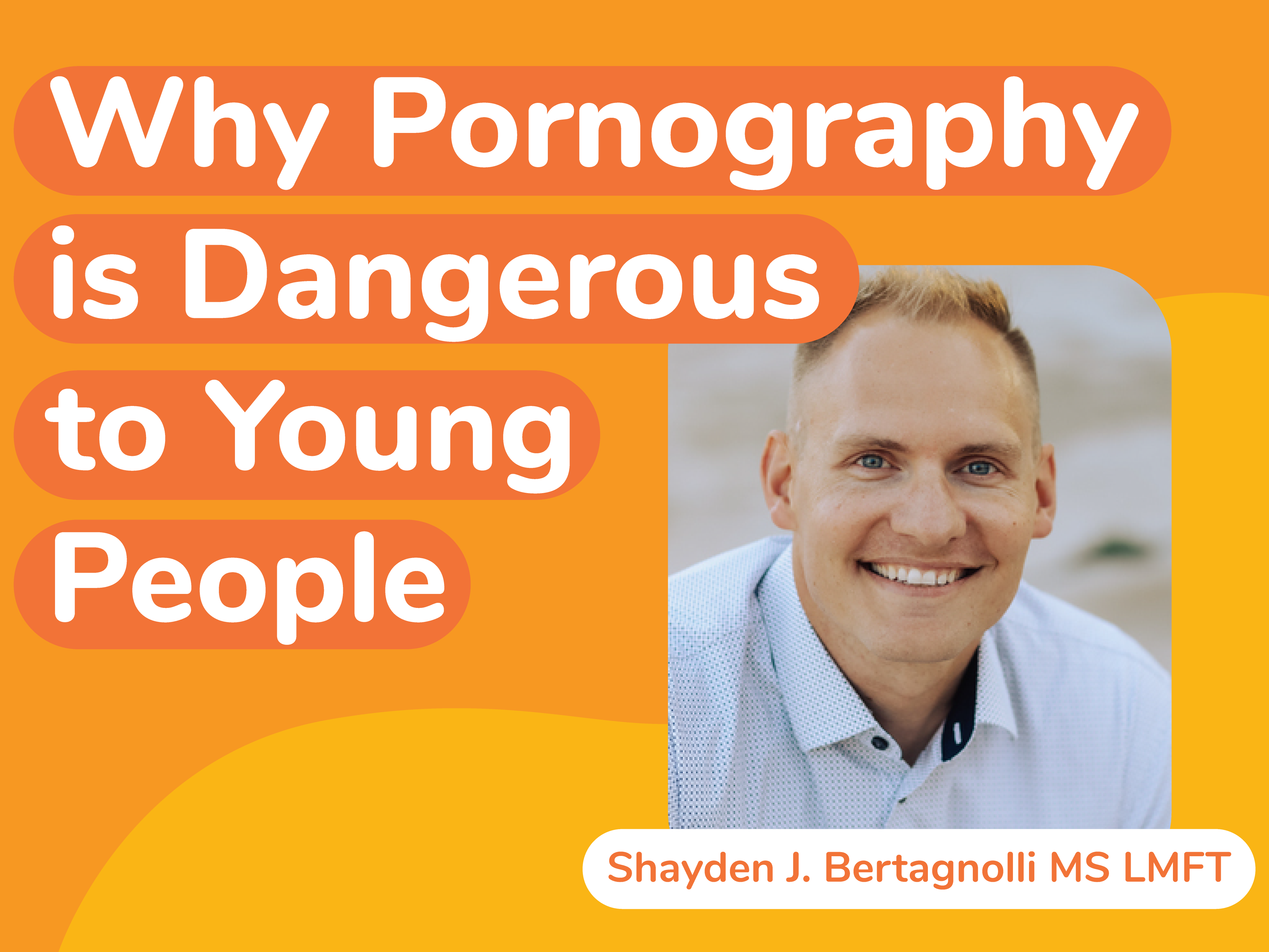Dear Reader,
The influence pornography has on a young person is very important to understand. The most critical aspect I want you to understand is the cycle of trauma it creates. Yes, you heard me, trauma. I’ll explain.
The Greek translation for the word trauma is the word ‘wound.’ Most children experience wounds from their parents, peers, and other outside sources on a daily basis. These wounds vary dramatically, but most result in a sense of rejection, not being good enough, need to be perfect, or “I don’t matter.”
These then form beliefs deep within. These beliefs are painful and so shameful. They powerfully influence withdrawal from love, joy, and connection. To top it off, most of this chaos is happening in a way parents overlook. Most parents struggle to recognize this tumultuous storm going on because they haven’t done the work to see it in themselves.
The desire for relief from this pain is then at an all time high in the young person’s life. In this blind and vulnerable state anything that creates relief will become appetizing. This source of relief will become amazing for them, especially if it’s something they can get as much of as they want, it’s free, it’s new, it’s secretive, and above all, it’s soothing. This is a fertile ground for pornography dependence and addiction.
The young person looks at pornography for the first time and has a feeling and sensation they’ve never felt before. Their conscience and most frequently their moral/religious beliefs remind them it’s not something they should do, and they feel more shame. This shame is another trauma for them. When left alone within them, it creates deep inadequacy and belief that their ability to be loved is less than what it was before. Furthering the problem, with the anticipation of so much rejection or mockery, they stay silent. The silence and secrecy creates more loneliness for the pornography to soothe and thus the cycle continues and strengthens.
The importance of parents being attuned to their children’s emotions cannot be overstated. The importance that young minds are sheltered from the opportunity to isolate with a phone cannot be overstated. And the importance that a young person doesn’t experience pornography as soothing is even more important.
To say it very concisely . . . parents must focus on the pain going on in their children first, second, teach their children how to turn outward rather than inward when they do feel pain, and third, do all they can to prevent pornography from becoming a source of soothing.
You must be the soother. You must be the person who they turn to. You must do your best to not be their source of pain and rejection. The best way to do all these is to do your own work with your own pain and wounds. I promise you’ve overlooked them or have deemed them “in the past.” Their influence, however, is often in the present and the healing of such wounds will create the warmth and self-love you need to be the best parent your child deserves.
Best,
Shayden J. Bertagnolli MS LMFT
Founder/Owner of Motyv www.motyvacademy.com


